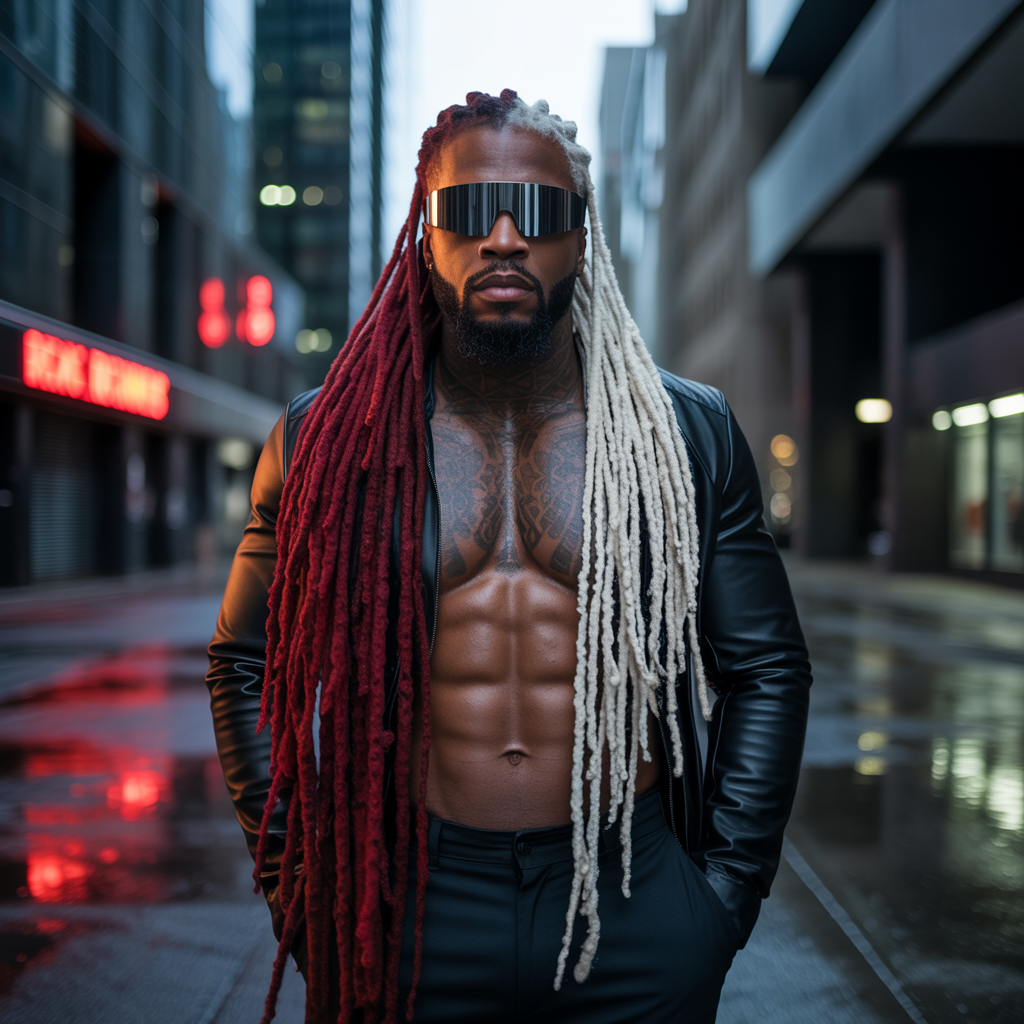Some artists are born with perfect pitch. Others learn to read music before they read books. Then there's Big Boss The Hip Hop Producer, who spent decades carrying melodies in his head like secrets, waiting for the world to catch up with his vision.
The talent was always there—undeniable, electric, magnetic enough to command stages at talent shows since childhood. But between raw gift and industry recognition lay a chasm that seemed impossible to bridge: the unforgiving precision of modern music production, where every note must be pixel-perfect, every beat surgically clean.
The Waiting Game
"I have no formal musical training," Big Boss explains, his words carrying the weight of years spent watching opportunities slip through fingers that could feel the music but couldn't translate it into the language studios demanded. "That was fine before the internet—once the internet and social media came about, things had to be pitch perfect all the time."
So he waited. Not in defeat, but in strategic patience, like a chess master studying the board. While others rushed to market with mediocre productions, Big Boss understood something profound: sometimes the greatest act of artistic courage is knowing when to step back and let technology evolve to meet your vision.
"I had to sit it out until AI music making came," he says, and in that simple statement lies a masterclass in artistic timing. The pause wasn't procrastination—it was prophecy.
The Sound of Tomorrow
What sets Big Boss apart isn't just his patience, but his sonic palette. While others chase trends, he chases tomorrow. "I love futuristic sounds," he declares, and you can hear it in the way he talks—not about beats per minute or chord progressions, but about textures that don't exist yet, rhythms that pulse with the heartbeat of machines dreaming.
"We only get one life to live and all talents and skills leave this place when we do."
This philosophy—part mortality reminder, part artistic manifesto—drives everything Big Boss creates. It's the understanding that talent unused is talent lost, that the universe has invested too much in his gift to let it fade into silence.
The Billboard Prophecy
Ask Big Boss about his goals, and his answer cuts through industry small talk like a laser: "I aim to lock down Billboard with my sounds." Not chart. Not appear. Lock down. The language of conquest, spoken with the quiet confidence of someone who's already won the war in his mind.
He's a new artist in the traditional sense—no major label backing, no decades of industry connections. But he's also something rarer: a fully formed artistic vision finally equipped with the tools to manifest itself. AI didn't create his talent; it simply removed the barriers between his imagination and reality.
The Dream Factory
"I hope to inspire another generation of dreamers," Big Boss says when asked about his legacy. It's a statement that reveals the true scope of his ambition—not just to create music, but to create possibility itself.
In an industry obsessed with overnight success, Big Boss represents something more valuable: the long game. The artist who understood that timing isn't just about when you release—it's about when you're ready to change everything.
The talent shows were just the beginning. The waiting was the preparation. Now, with AI as his co-pilot and decades of musical vision as his fuel, Big Boss isn't just entering the music industry—he's arriving to transform it.
The future of hip-hop production isn't being written in Nashville studios or Los Angeles boardrooms. It's being coded in the space between human creativity and artificial intelligence, where a producer who never learned to read music is about to teach the world a new language entirely.
The beat drops now. The rest is just catching up.
